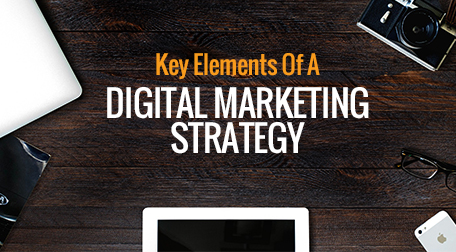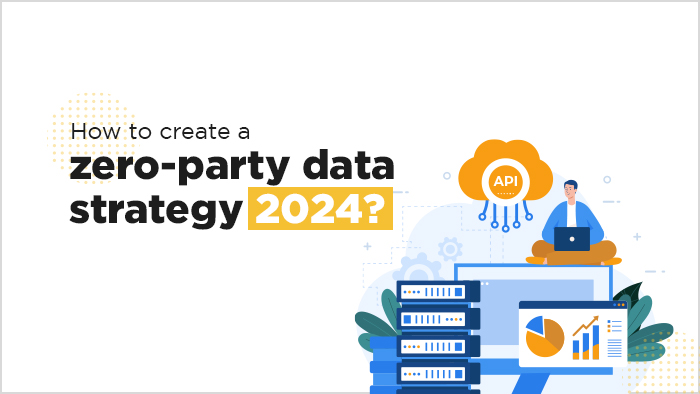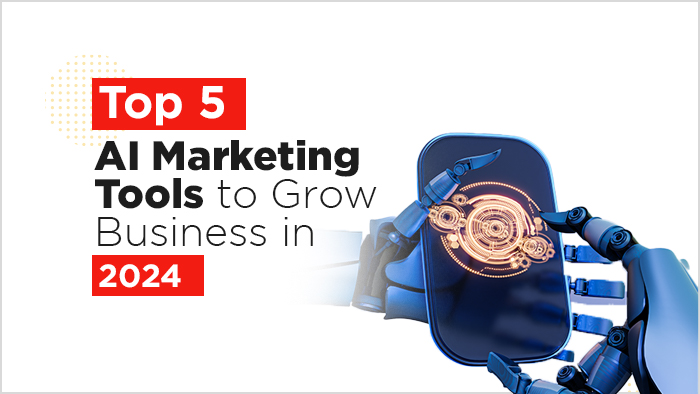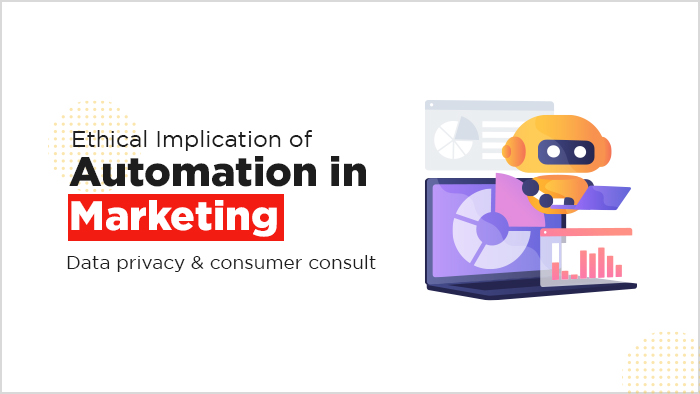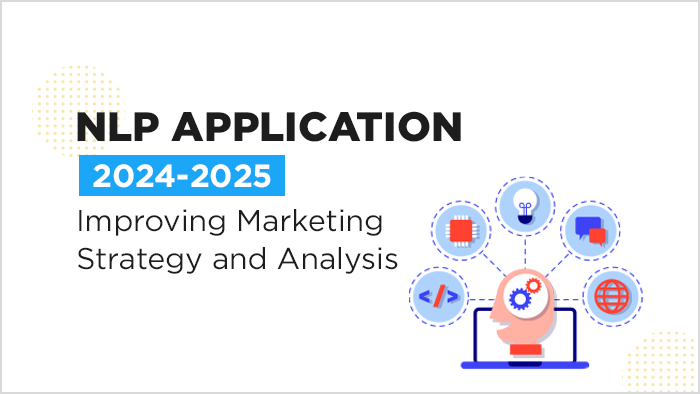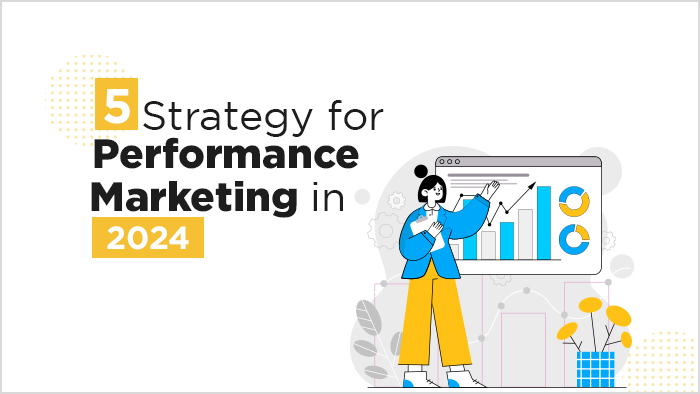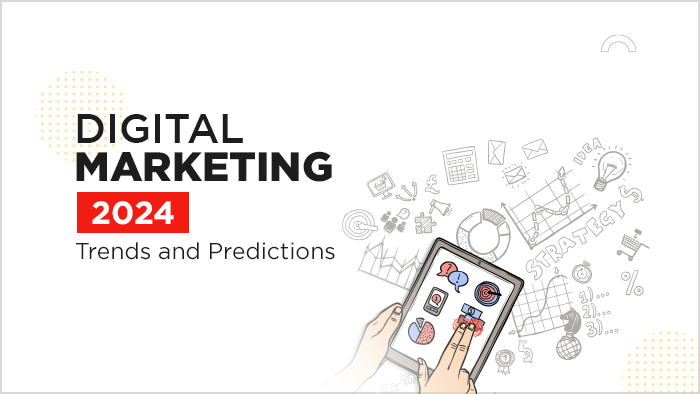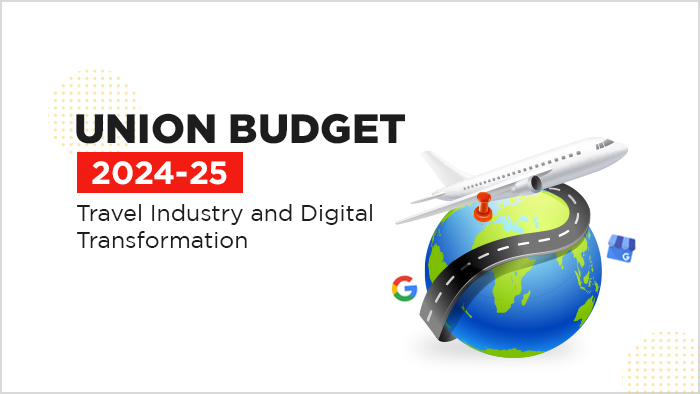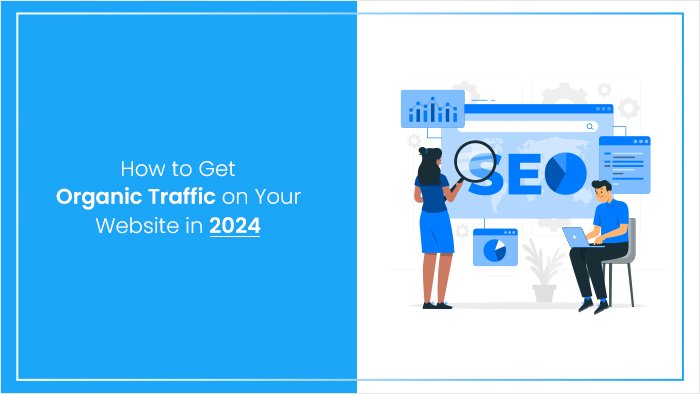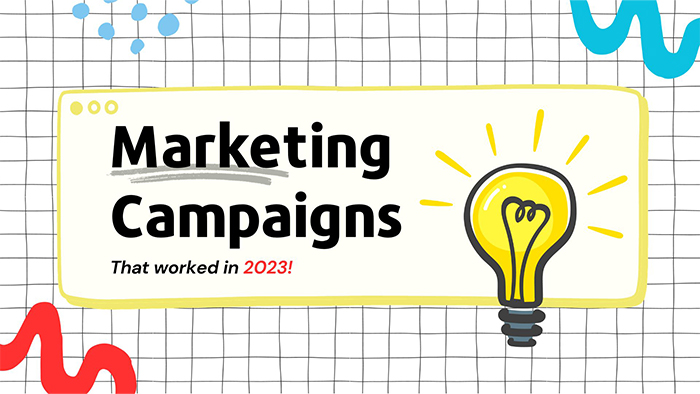“What’s going to get people excited”, is the first thing that pops in the mind of a digital maniac when it comes to laying out a successful Digital Marketing strategy.
While the digital space is buzzed with umpteen campaigns, contests, ads, and content kicked off by various brands there are only some that stand out and slay the space because of their planned digital strategy. Digital is the king in today’s time and with each and every company going online and owning their own space, it has now become the place for the battle of strategies.
So, how do you plan out a digital strategy? Is it the idea, preference of channels, new client acquisitions, brand visibility or the frequency of posts? The answer to all the above points is no. To have a strong digital footprint it is important to keep your brand lens focused on the key elements to plan a digital strategy. From having a face for your brand through a well-designed Website, offering services including Search, Social Media Marketing, Customer Management to optimize your strategy through the digital cycle form the key elements of a digital strategy, which are discussed in detail in this blog.
The key elements of a digital marketing strategy:
1. Go extra mile with a Website
In this era of technology, your website is the first place where your customer lands and takes a decision. It all starts with a good website. It reflects your brand, offers high-quality content, and is easy-to-navigate. The user is directed to your website from all the other digital marketing elements thus it is important to build a website that can keep users hooked onto it. A great user experience on the site will prompt the customers to explore your services and products further and an unsatisfactory experience will make the users unlikely to return to your website.
2. Search Engine Marketing
SEO is the process through which your website ranks on the top on a Search Engine. While defining your SEO strategy, you should keep in mind the terms that your potential buyers could use to search for your service or product. And once the important Keywords are listed down, then you can start working on the relatable content to get the desired result. While developing a Search Engine Marketing strategy your key elements should focus on both paid and organic ways of promoting your website, which includes Paid Ads, PPC, Google Adwords, On Page and Off Page SEO techniques.
3. Social Media Marketing
In today’s time, Social Media has become the new “Word of Mouth” marketing. It is how you can connect with your TG on a more personal level. Facebook, Twitter, Instagram, and Pinterest are the prime social channels for any business. Being on all these channels in today’s time means connecting with the TG in the social space and helps spread the word about your company, services, and products. Social Media Marketing strategy consists of organic and inorganic elements. The organic ways are daily updates on all the social channels, blogs, contest, campaigns, and inorganic ways are paid ads, boost post, media ads, influencer marketing and video promotions.
4. Email Marketing
Every year email users are increasing, which makes it an effective way to reach people universally who have expressed interest in your product or service. Apart from that Email marketing is also a personal, powerful, and vibrant way to connect with people, current customers, and prospective clients. It is also one of the effective ways to invite people to your events and cover topics like changes in your company, victories, and request feedback to your customer.
5. Online Reputation Management
With online presence also comes the responsibility to manage your reputation. And here comes ORM in action. From monitoring, identifying to influencing the digital presence of your company; form some of the elements of a successful ORM plan. Also, an effective ORM strategy can open further business opportunities.
6. Digital Media
In an effort to reach to your target audience, a brand’s focus lies on digital operations and ads. Placing a website display ad is easy, but how to effectively cultivate a strategy can become a task. Set a campaign goal, choose the right tools for campaign execution, create compelling banner ads and optimizing your landing page are some of the elements of a successful media plan.
7. Notifications
With people spending most of their time online and always on the lookout for new things it becomes important to reach them with new deals and offers through notifications that pop on your website and mobile apps. It also offers a real-time connect to the users, which makes it important for E-Commerce from the cost factor point of view.
8. Mobile Apps
The mobile industry has grown rapidly. When considering a digital marketing plan, keeping mobile app in mind is important. It constantly reminds the consumer of your products or services. Furthermore, it is also crucial that your customers have full access to offers/promotions at all times. Thereby, becoming a quicker way to reach your target audience.
Complete your digital strategy with a Call – to – Action
The Call – to – Action defines the objective of your brand. It encourages and engages your customers to take the next step in getting to know a little more about your service or product. It is also an effective way to make your customers understand about the essence of your company/brand, convert visitors into leads, or prompting them to take a specific action.
Digital plan cycle

So, these were the key elements to plan your digital marketing strategy and to give your brand the best opportunity for future growth and success!

